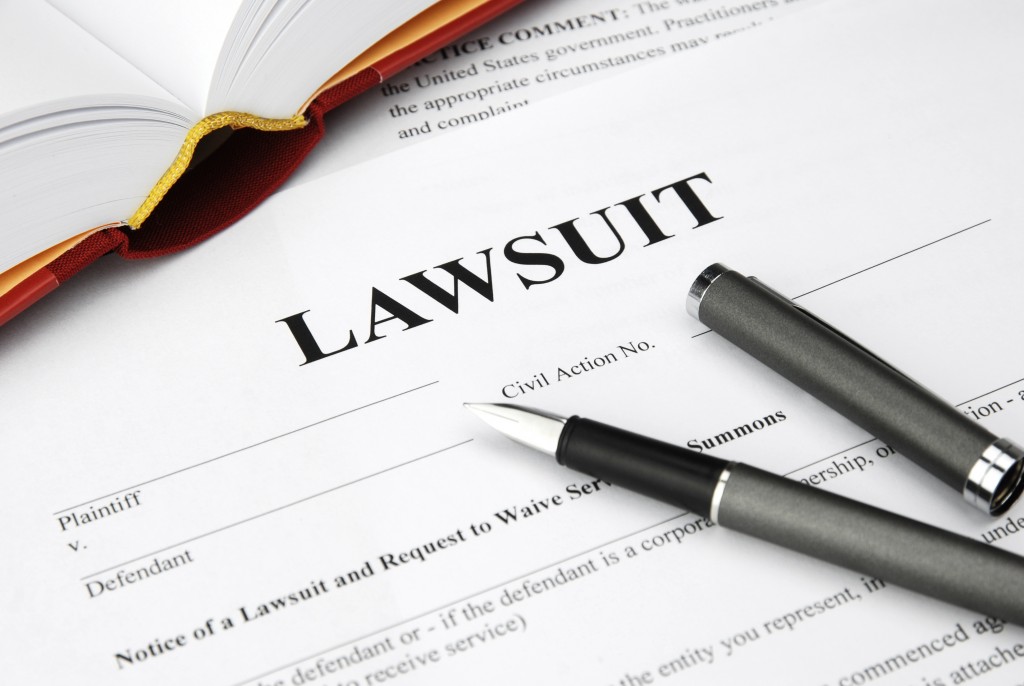Protect Your Business from Legal Trouble with These Useful Ideas

No one wants to get sued, especially small business owners who don’t have the money to make lawsuits magically disappear. Not only is a lawsuit expensive, but it can also tarnish the reputation that you’ve worked so hard to build. And in worst cases, a lawsuit can even cause hiccups in your operations, which can affect every other link in your business chain and lead to even further losses.
That said, protecting your business from legal trouble is imperative to avoid the hassle of a lawsuit. Hence, here are the best ways to do so:
1. Have a reliable legal counsel
Hiring a reliable business lawyer is one of the first steps in safeguarding your business from legal trouble. Having a lawyer by your side to provide sound legal advice will help ensure that your small business complies with local laws and regulations. Furthermore, if you get sued, you will have legal counsel ready to give you advice on the best course of action to take rather than scrambling to find a lawyer at the last minute.
There are many ways you can go about finding the right lawyer. The first avenue you should try is by referral from fellow business owners, colleagues, or even friends and family. Apart from that, you can also look through websites of lawyers in your area or go the old-fashioned way and scour through the phone book.
2. Think before you act and speak
A single questionable statement or action can already be enough to put your business in legal trouble. For this reason, business owners must think twice or even thrice before making a public announcement or doing anything that can be taken in the wrong way. The same goes for employees your employ; adequate training must be done to ensure that they don’t act or say things that can hurt your business’ reputation.
3. Keep written records of everything
 Getting everything in writing might seem like a tedious task, but it can sometimes be what sits between you and a business lawsuit. For instance, a written agreement is better evidence in the court than a verbal one made over the phone. And even if you think that your business won’t land in any legal trouble (or at least not in the early stages of your business), keeping written records is a good practice that will help keep you out of hot water in the long run.
Getting everything in writing might seem like a tedious task, but it can sometimes be what sits between you and a business lawsuit. For instance, a written agreement is better evidence in the court than a verbal one made over the phone. And even if you think that your business won’t land in any legal trouble (or at least not in the early stages of your business), keeping written records is a good practice that will help keep you out of hot water in the long run.
Furthermore, it’s recommended to have a standardized agreement drawn up by a lawyer, which is more cost-effective than having an agreement drawn up as needed.
4. Get insurance
Getting insurance is one of the best ways to protect your business from financial pitfalls in the event of a lawsuit. Hence, small businesses should not forgo getting insurance for the sake of saving money.
Here are the different types of coverage that your business might need:
- General liability insurance
- Errors and omissions insurance
- Worker’s compensation insurance
- Property insurance
- Product liability insurance
- Vehicle insurance
When deciding which types of insurance to get and which providers to choose, discuss with your lawyer to ensure that you make the best choices.
5. Be aware of labor laws
Once you hire your first employee, you must already be aware of labor laws that protect employees’ rights. Do your research on local labor laws, including minimum wage rates and maximum hours, among other pertinent information. Better yet, consult with a well-versed lawyer in labor laws both at the state and local levels.
In this way, you can avoid getting into legal trouble even if the fault you make is non-deliberate. Don’t expect employees to speak up when their overtime pay is miscalculated or their hours are beyond maximum–it’s your responsibility to ensure that your business is complying with employment laws at all times.
6. Be careful with intellectual property
Whenever you’re using any material, you do not create yourself, triple-check its source and find out whether it is licensed. Work with a lawyer to ensure that you’re not using copyrighted material. Better yet, create your own material to fully eliminate the risk of getting sued for intellectual property theft or copyright infringement.
You can never really eliminate the risk of a lawsuit, but you can definitely minimize it as much as you can. The best way to start is by knowing what causes legal trouble for small businesses in the first place. You can then come up with proactive measures to ensure that your business won’t fall in legal hot water, such as hiring reliable legal counsel and having clients sign written agreements.
Do you have other legal advice for small business owners? Don’t hesitate to share them in the comments below.




